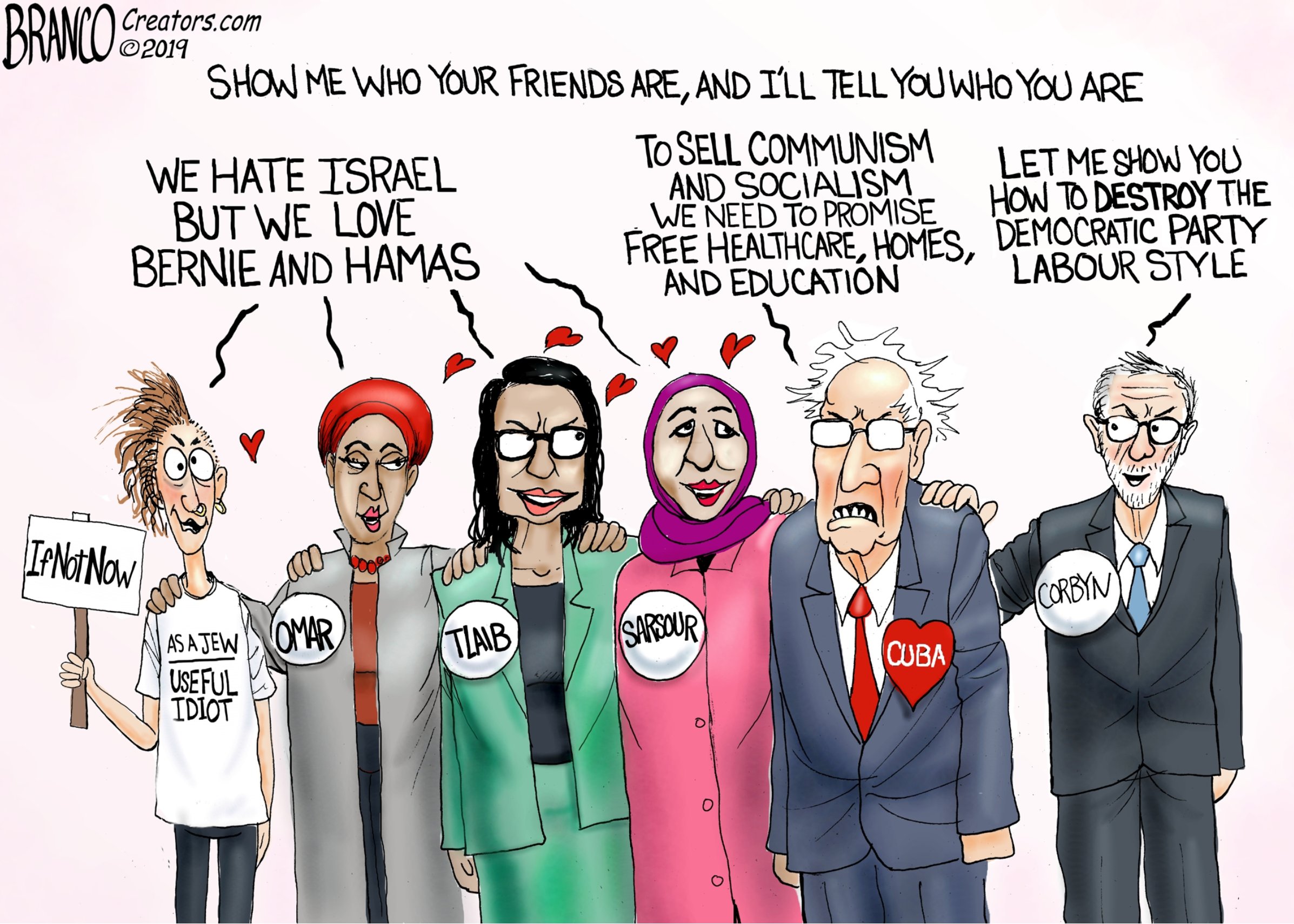US, Taliban sign historic deal aimed at ending war in Afghanistan
The United States signed a peace agreement with Taliban militants on Saturday aimed at bringing an end to 18 years of bloodshed in Afghanistan and allowing US troops to return home from America’s longest war.Martin Kramer: The Trump Plan Will Be "Transformative" for Palestinians
Under the agreement, the US would draw its forces down to 8,600 from 13,000 in the next 3-4 months, with the remaining US forces withdrawing in 14 months. The complete pullout, however, would depend on the Taliban meeting their commitments to prevent terrorism.
President George W. Bush ordered the US-led invasion of Afghanistan in response to the Sept. 11, 2001 attacks. Some US troops currently serving there had not yet been born when the World Trade Center collapsed on that crisp, sunny morning that changed how Americans see the world.
It only took a few months to topple the Taliban and send Osama bin Laden and top al-Qaeda militants scrambling across the border into Pakistan, but the war dragged on for years as the United States tried to establish a stable, functioning state in one of the least developed countries in the world. The Taliban regrouped, and currently hold sway over half the country.
The US spent more than $750 billion, and on all sides, the war cost tens of thousands of lives lost, permanently scarred and indelibly interrupted. But the conflict was also frequently ignored by US politicians and the American public.
US Secretary of State Mike Pompeo attended the ceremony in Qatar, where the Taliban have a political office, but did not sign the agreement. Instead, it was signed by US peace envoy Zalmay Khalilzad and Taliban leader Mullah Abdul Ghani Baradar.
Pompeo called on the Taliban to “keep your promises to cut ties with Al-Qaeda.”
Martin Kramer, chair of the Middle Eastern and Islamic Studies Department at Shalem College in Jerusalem and the Koret Distinguished Fellow at the Washington Institute for Near East Policy, spoke to Middle East Forum Radio host Gregg Roman on February 5 about President Trump's "deal of the century" plan for resolving the Israeli-Palestinian conflict.Khaled Abu Toameh: Palestinians: No secret talks with Trump administration
According to Kramer, the importance of the Trump proposal "transcends whether either of the parties accept it" because "it's not a peace plan, it's a partition plan ... the proposal of a third party, looking from the outside, that has some authority." The Palestinians refused to accept partition plans put forth by the British in 1937 and by the United Nations in 1947, yet both had "historic effects," notably culminating in the establishment of Israel. The details of these plans were largely irrelevant – it was their underlying assumptions and core principles that proved enduring.
The same is true of the "deal of the century." Details of the plan are flexible and sure to be superseded by future negotiations. The important focus should be on the assumptions and principles of the plan.
A key assumption of the Trump initiative, according to Kramer, is that "history only goes in one direction." Previous peace plans, he noted, were based on expectations of "massive movement of peoples" as part of a final settlement – removing thousands of settlers from their settlements in today's Israel and absorbing a large number of descendants of Palestinian refugees from other countries into the West Bank and Gaza – which "is not going to happen."
A core principle of the Trump plan is that "everyone stays in place" – a reality that Palestinians must eventually come to accept. "Much of the responsibility for the predicament of the Palestinians today relies not just on them, but on their ... supposed friends who ... promised they would deliver to them on fantasies which were completely detached from reality."
The Palestinian Authority on Saturday denied having any contacts with the US administration regarding US President Donald Trump’s recently unveiled plan for peace in the Middle East.
The denial came in response to remarks by US Ambassador David Friedman, who told the Qatari-owned Al-Jazeera network that the Trump administration has “back channels” talks with some Palestinians.
Friedman did not reveal the identity of the Palestinians involved in the alleged talks with the US administration.
He also said there is recognition that some parts of the Trump plan are good for the Palestinians, such as the two-state solution, a Palestinian capital in east Jerusalem, connecting the West Bank with the Gaza Strip and investment in infrastructure and increasing the size of land offered to the Palestinians.
The PA, which has been boycotting the Trump administration since December 2017, when the US president recognized Jerusalem as Israel’s capital, reiterated its rejection of the Trump plan and denied having back channels with the US administration.
“I dare Friedman to reveal a name of a single Palestinian official who is in contact with President Trump’s administration,” said PLO Secretary-General Saeb Erekat.
Referring to Friedman’s talk about a Palestinian capital, Erekat said that the Trump plan “specified that Abu Dis and Kufr Aqab can be named as Palestine’s capital.”
Erekat added: “East Jerusalem, the capital of Palestine, is the Old City of Jerusalem, including Haram al-Sharif (Noble Sanctuary), Church of the Holy Sepulchre, Musrara, and Salah Edin Street. Lies and distortions of one of the authors of the conspiracy of the century are doomed to failure.”
Knowing the Palestinian Auth. and how well they treat those who do not agree with party line, revealing such name would almost certainly put this person / s life in jeopardy. https://t.co/xnbu2jOxJw
— Arsen Ostrovsky (@Ostrov_A) February 29, 2020












































